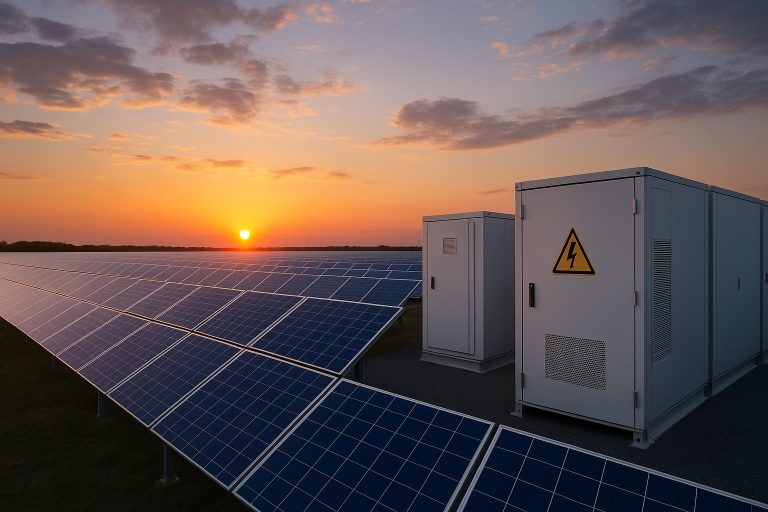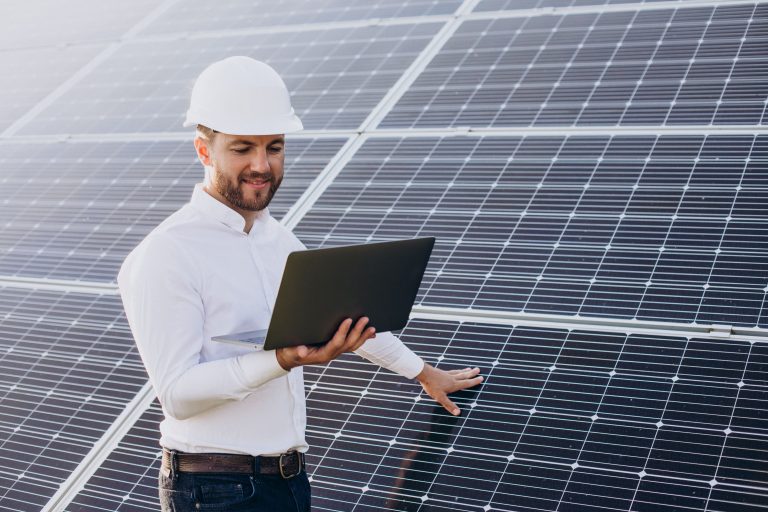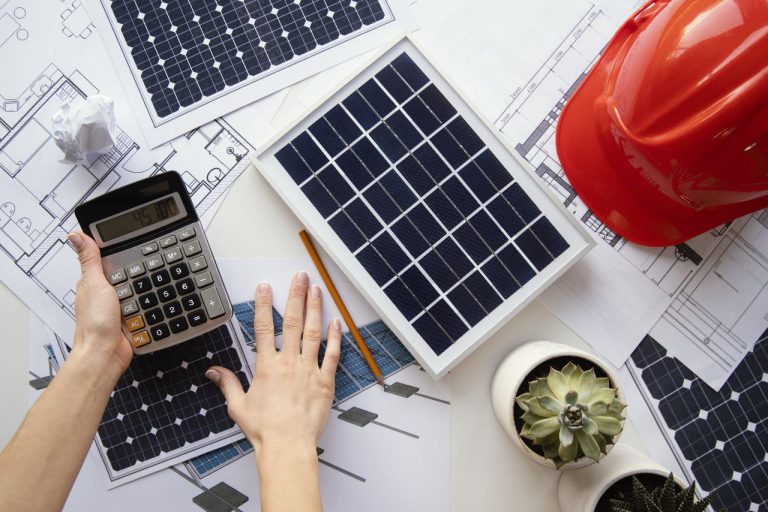Solar energy is no longer a one-size-fits-all solution. With today’s advanced technology, solar panels can be adapted to almost any type of property—whether it’s a small residential roof, a large commercial building, or open farmland. This flexibility has made solar energy one of the most accessible and efficient renewable energy sources available.
In this blog, we’ll explore how flexible solar panel installations work across different property types and why they’re the ideal choice for a sustainable future.
Solar Panels for Residential Homes
Homeowners often wonder if their roof type or size is suitable for solar panels. The good news is that residential solar installations can be customised to fit a wide variety of rooftops—from sloped tile roofs to flat concrete surfaces.
- Compact designs: Perfect for small or medium-sized homes.
- Rooftop systems: Efficiently installed to maximise space and sunlight exposure.
- Energy independence: Homeowners can significantly reduce electricity bills while enjoying a clean, renewable energy source.
Solar Panels for Commercial Buildings
For businesses, solar is more than just an energy solution—it’s a smart investment. Commercial properties typically have larger roof space, which allows for commercial solar panels that can generate substantial amounts of electricity.
- Lower operating costs: Reduce monthly utility bills and improve profit margins.
- Sustainability goals: Showcase environmental responsibility to customers and stakeholders.
- Flexible installation: Whether on rooftops, parking structures, or unused land, solar can be customised to match business needs.
Solar Panels for Farms and Agriculture
The agricultural sector benefits greatly from solar for farms, as energy costs for irrigation, machinery, and storage facilities are often high. Flexible solar panel systems are designed to adapt to open fields or large barn rooftops.
- Irrigation and water pumps: Solar power reduces dependency on costly fuel-driven pumps.
- Livestock facilities: Keep barns, storage areas, and processing units energy-efficient.
- Sustainable farming: Solar reduces carbon footprint while cutting down long-term expenses.
Benefits of Flexible Solar Installations
Regardless of property type, flexible solar panel installations come with universal advantages:
- Adaptable designs for different roof types and property sizes.
- Scalable solutions that grow with your energy needs.
- Cost savings from reduced electricity bills and government subsidies.
- Eco-friendly impact by cutting carbon emissions and supporting clean energy.
Conclusion
From residential rooftops to sprawling commercial spaces and open farmlands, flexible solar panel installations ensure that solar power is accessible to everyone. With the right setup, you can maximise your property’s potential, cut down costs, and contribute to a greener future.
Now is the perfect time to explore how solar can be tailored to your home, business, or farm—and start enjoying the long-term benefits of renewable energy.






